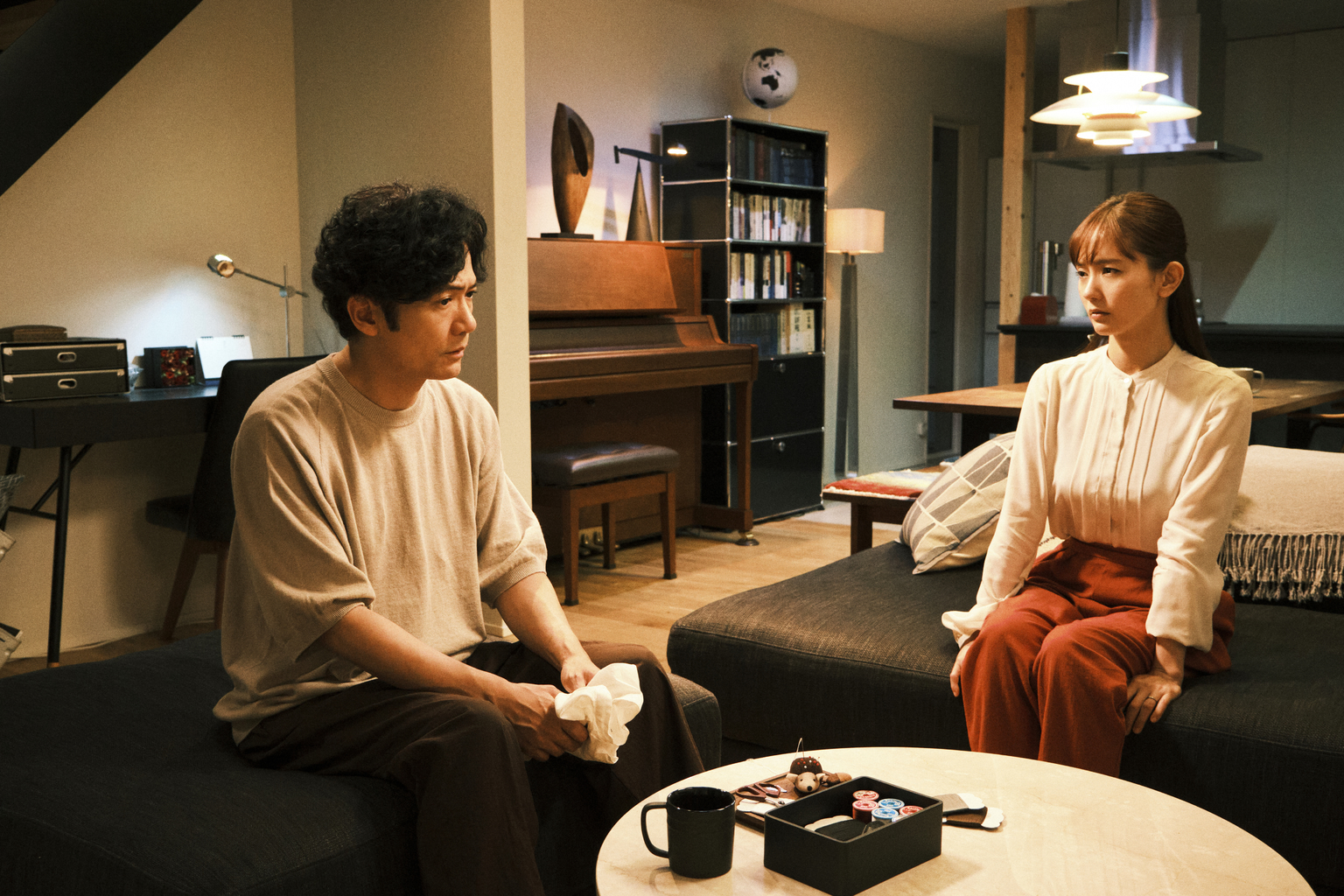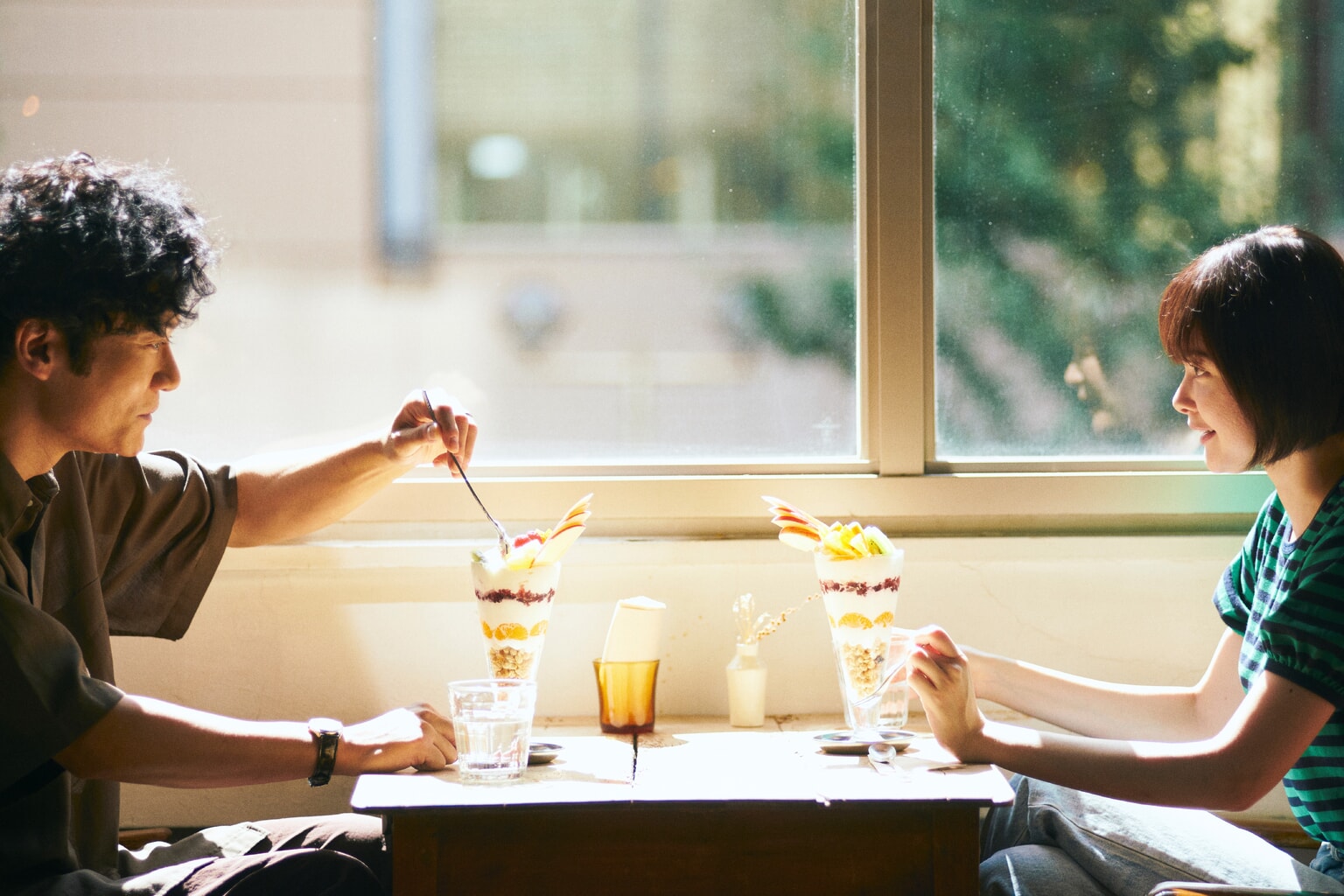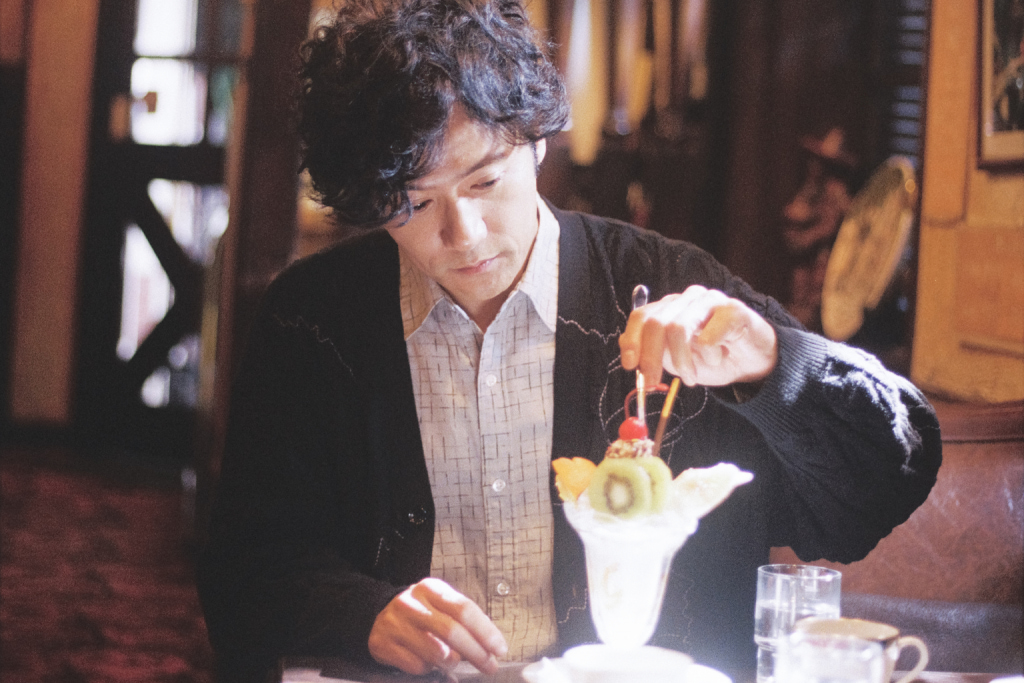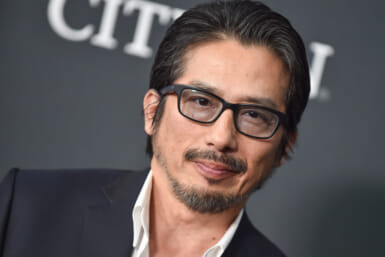Humans can, do, and will continue to fall out of love as long as they are humans. It’s both sad and not really all that sad because happy people don’t just stop loving their partners all of a sudden. But when Goro Inagaki’s character finds himself in that exact situation in Rikiya Imaizumi’s new movie By the Window (Madobe nite) — which premiered at the 35th Tokyo International Film Festival in October — it eats him up inside and causes him great mental anguish. Thankfully, he snaps out of it after realizing he’s a parfait. Let’s back up and unpack this.
By the Window: A Quick Look Inside
In the movie, Inagaki plays Shigemi Ichikawa, a freelance writer whose wife is having an affair, a fact that deeply upsets him because of how much it didn’t upset him. Ichikawa is completely undisturbed by his wife’s infidelity but can’t seem to forgive himself for his non-reaction. His subsequent quest to find out what’s ‘wrong’ with him leads him to forging a friendship with Rua Kubo (Tina Tamashiro), an accomplished high school novelist whose latest protagonist strikes a chord with Ichikawa, because they too have all they could ever want but let it go without a fight.
The movie focuses on Ichikawa trying to understand himself by talking to other people like his best friend Masa (Ryuya Wakaba) and Kawanabe (Yoichiro Saito), Kubo’s uncle and one of the inspirations for the hero of her book. At the same time, though, most of these people are also suffering their own identity crises, ultimately making By the Window a story about self-discovery and introspection. What’s interesting, though, is that the film doesn’t break any new ground in that area, yet still manages to keep our attention.

©2022 “By the Window ” Film Partners | Courtesy of TIFF
A Simple Story Told in a Human Way
Through a lot of slow burn, exquisitely acted scenes and dialogue, By the Window tricks its audience into thinking that its characters are very complex and are dealing with serious problems, when they’re not. All of them simply want to be understood by those around them. The fear that they won’t be, messes with their heads, making them project their own insecurities onto Ichikawa. It’s why Kawanabe, a burned-out TV producer who lives like a hermit in a mountain villa, claims that Ichikawa hates the world and looks down on people, or why Masa’s wife (who’s also being cheated on) thinks that Inagaki’s character is being cruel to his adulterous wife.
As a result, poor Ichikawa starts to believe that he’s a cold, emotionless monster. But he clearly isn’t. He’s always there, ready to lend an ear and hear out someone else’s problems without then burdening them with his own issues. People constantly come to him for advice because he is a kind, caring man who regularly brings his mother-in-law sweets and takes commemorative photos of her. Also, without spoiling anything, it later turns out that Ichikawa, an extremely talented novelist, gave up writing after just one book because of love. So, what he really needed all this time was a reminder of all the good inside him, which came in the form of a parfait.

©2022 “By the Window ” Film Partners | Courtesy of TIFF
The Parfait Philosophy
Early in the movie, Kubo and Ichikawa have parfaits at a café and talk about how the name comes from the French word for “perfect” because that’s what the treat is meant to be: the perfect dessert. Ichikawa doesn’t think so, though. In fact, he hadn’t eaten a parfait for 10 years because he doesn’t enjoy fruit in his sweets. Yet for Kubo, the imperfections of the “perfect” dessert don’t take away from its worth. She says she always feels a bit of regret after scoffing one down, but she still loves parfaits, despite or maybe because of their flaws.
And that’s really the ultimate lesson of the movie. In order to find happiness, Ichikawa needs to accept all of himself. He’s not perfect and hates the fact that he fell out of love with his wife, but that doesn’t make him a monster or a bad person. It just makes him human. And, yes, at a runtime of nearly 2.5 hours, it is a long walk to get to such an obvious point, but as the movie itself points out, things don’t need to be perfect to be good.
By the Window is currently being screened in theaters across Japan.









